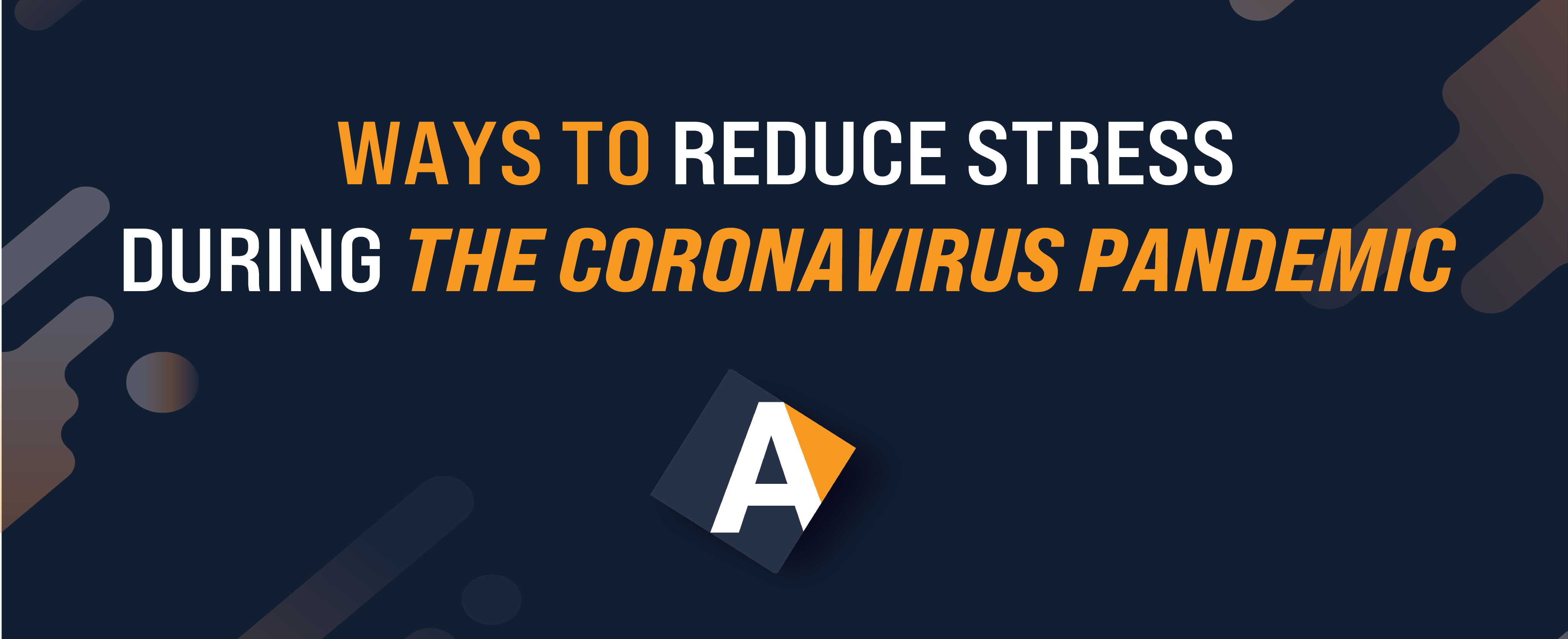Postpone major life changes
Making major changes in your life can be stressful at any time, but this is especially relevant at the moment. If you’re already feeling stressed or anxious, it’s best to avoid or delay significant events if possible. If you’ve had to cancel or postpone important events due to the coronavirus pandemic, try to keep things in perspective and remember that this time will pass and normal life will resume.
Resolve personal conflicts
Stress in personal relationships can be a major contributor to anxiety and depression, and any issues maybe under the magnifying glass while we’re all being asked to stay at home. Learning how to communicate honestly with people and address problems or conflicts as they arise is important.
Stress in personal relationships can be a major contributor to anxiety and depression, and any issues maybe under the magnifying glass while we’re all being asked to stay at home. Learning how to communicate honestly with people and address problems or conflicts as they arise is important.
Control your workload
Work plays a big role in our lives, but it’s important to have a sustainable work-life balance, particularly if you’re working from home while trying to home school children due to the coronavirus. If work is increasing your stress level, avoid long hours and additional responsibilities, and learn to say ‘no’ more often.
Work plays a big role in our lives, but it’s important to have a sustainable work-life balance, particularly if you’re working from home while trying to home school children due to the coronavirus. If work is increasing your stress level, avoid long hours and additional responsibilities, and learn to say ‘no’ more often.
Do the thing you enjoy
Take your mind off your worries by making sure you allow plenty of time for enjoyable activities. This could include listening to music, reading, gardening, spending time connecting with family and friends online, making your friends care package and writing letters. Try doing something creative or learning a new craft, Starting a project, like making a gift for a friend, can provide a goal to work towards and give you a great sense of achievement when complete.
Take your mind off your worries by making sure you allow plenty of time for enjoyable activities. This could include listening to music, reading, gardening, spending time connecting with family and friends online, making your friends care package and writing letters. Try doing something creative or learning a new craft, Starting a project, like making a gift for a friend, can provide a goal to work towards and give you a great sense of achievement when complete.
Exercise regularly
Physical exercise can help relieve tension and relax your mind. Try to do some physical exercise every day, even if it’s just going for a (social distancing appropriate) walk around the block or doing some star jumps in your backyard. There are plenty of great online workouts available which are great for both your physical and mental health.
Physical exercise can help relieve tension and relax your mind. Try to do some physical exercise every day, even if it’s just going for a (social distancing appropriate) walk around the block or doing some star jumps in your backyard. There are plenty of great online workouts available which are great for both your physical and mental health.
Get support
Simply talking to someone such as friend, doctor or counsellor can help relieve stress. Don’t be afraid to ask for support.
Simply talking to someone such as friend, doctor or counsellor can help relieve stress. Don’t be afraid to ask for support.
Remember to relax
Incorporating breathing and muscle relaxation exercises into your daily routine may be helpful. They can also be used as short-term coping strategies. Some people find meditation or yoga a good way to unwind.
Source: IPA



